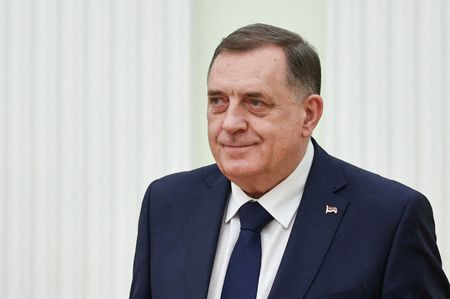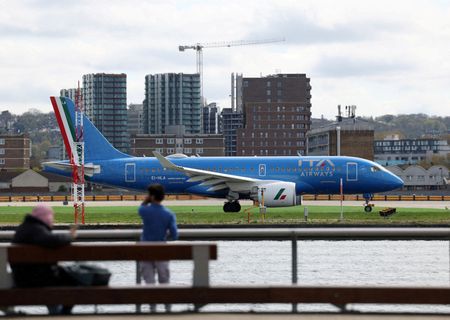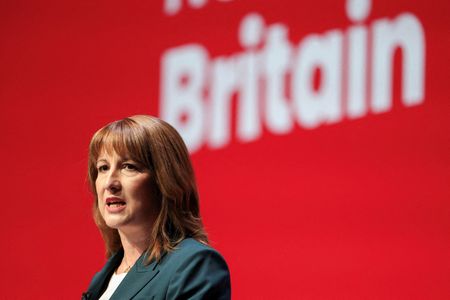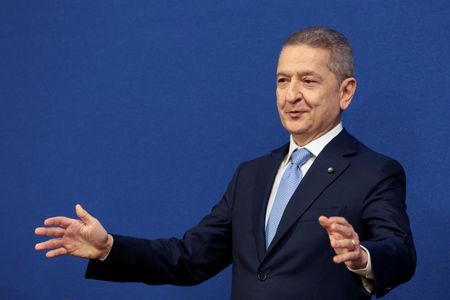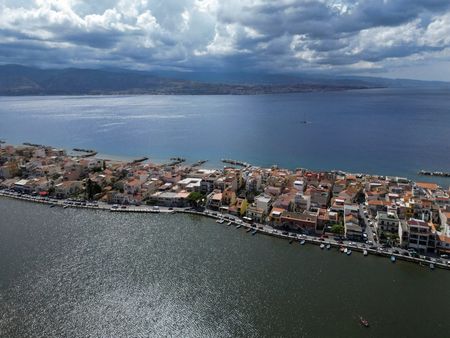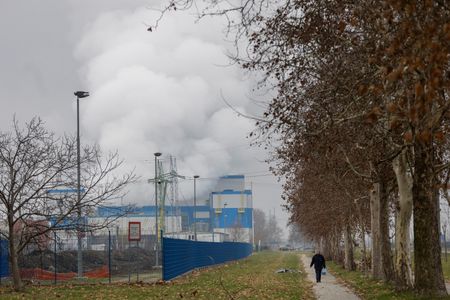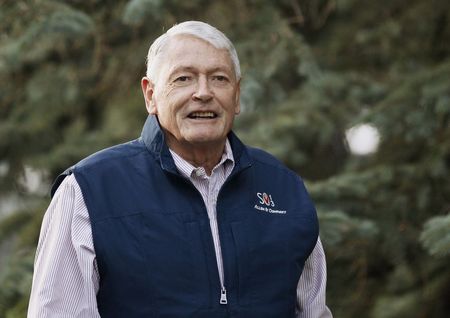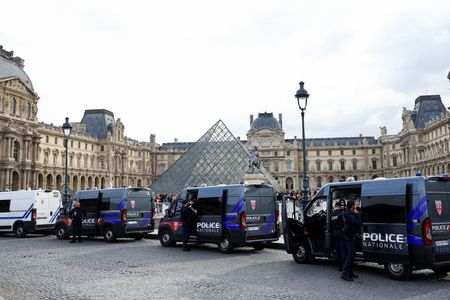By Daria Sito-Sucic
SARAJEVO (Reuters) -The U.S. Treasury Department on Wednesday lifted sanctions on Bosnian Serb nationalist leader Milorad Dodik, his allies, and family members and companies related to them, the Office of Foreign Assets Control announced.
OFAC did not explain why it removed dozens of Dodik’s closest allies, including government ministers, and his son and daughter. But Serb officials have indicated that they have been working quietly on establishing a more cooperative relationship with the U.S. while retaining friendly ties with ally Russia.
Dodik is the former president of Bosnia’s autonomous Serb Republic who was stripped of his mandate in August over a court verdict banning him from politics. He had been under U.S. sanctions since 2017 for flouting the Dayton peace treaty that ended Bosnia’s 1990s ethnic war and kept the country intact.
In a post on his X profile, Dodik thanked U.S. President Donald Trump and his associates for correcting what he said was “the great injustice done to Republika Srpska (Serb Republic), its representatives, and their families”.
“The decision to lift the sanctions is not only a legal but also a moral rehabilitation of the truth about Republika Srpska and all those who honorably serve it,” Dodik said.
A pro-Russian nationalist, Dodik long advocated the secession of the Serb Republic from Bosnia and refused to resign as its president.
However, on October 18 Bosnian Serb lawmakers appointed an interim president, acknowledging officially for the first time that Dodik was stepping aside after a state court banned him from politics. The temporary president will serve until early presidential elections scheduled for November 23.
The parliament also annulled a series of separatist laws that were passed over the past year after Dodik was indicted for defying decisions of Bosnia’s international peace envoy and the constitutional court.
COMPLIANCE OR NEW STRATEGY?
The U.S. State Department welcomed the moves, saying they were the results of U.S.-led efforts “to defuse the crisis in Bosnia and Herzegovina”.
“Dodik’s compliance with the Sarajevo court ruling signals he seeks to remain in good standing with the Trump administration,” said Jay Truesdale, a former U.S. diplomat with experience in the region.
“He dropped his most significant challenges to the Dayton Accords to appease the White House, though he maintains the ability to launch another disruptive secession campaign.”
Dodik is appealing the state court’s verdict at the constitutional court, which is expected to rule on it next week. He is also appealing the election commission’s decision to strip him of the presidential mandate.
Despite the appointment of his interim replacement, Dodik has continued to perform duties and travel abroad in the capacity of president.
He has said that the Serb Republic will not change its policies, with secession remaining his ultimate goal.
(Reporting by Daria Sito-Sucic; Editing by Aidan Lewis and Mark Heinrich)

